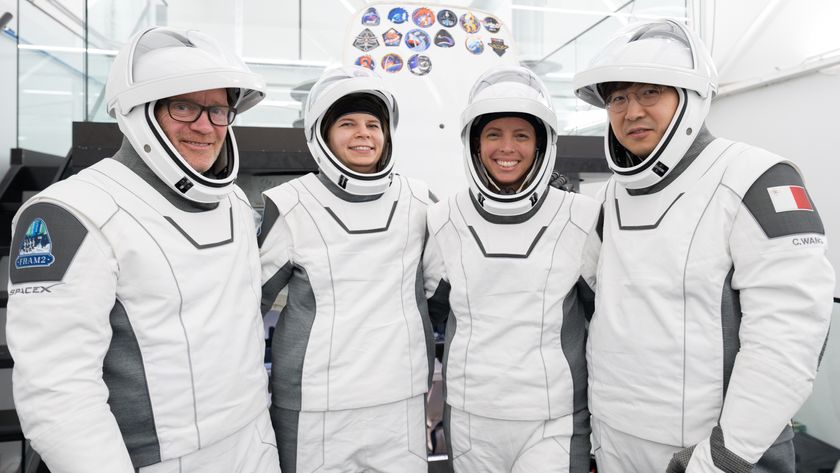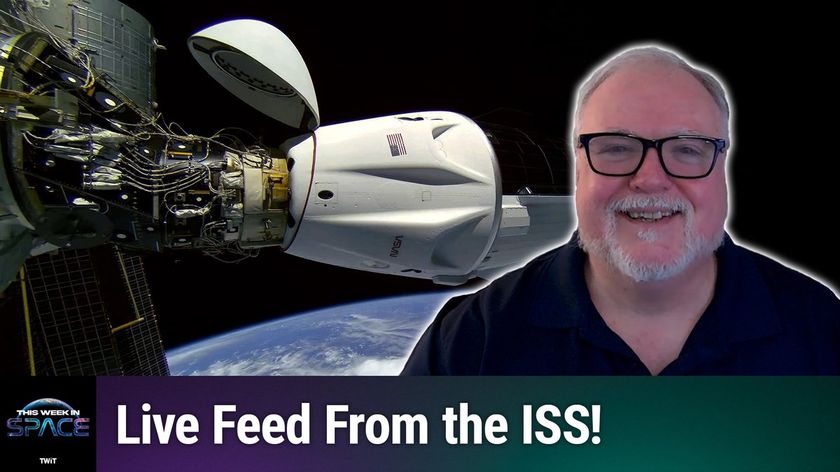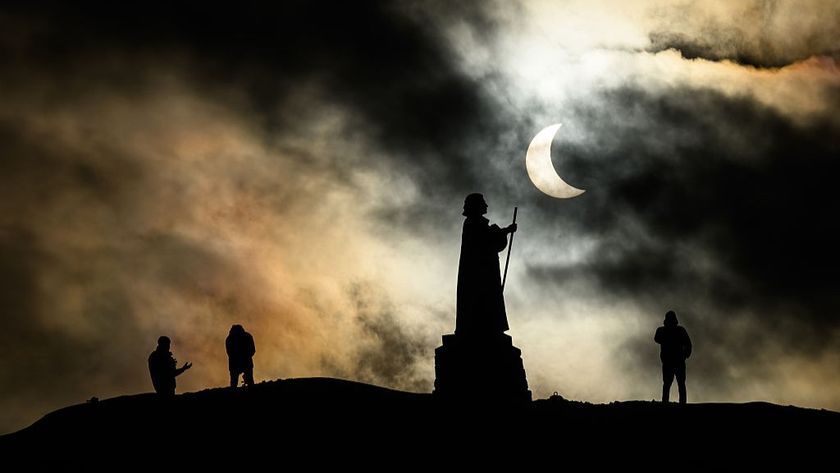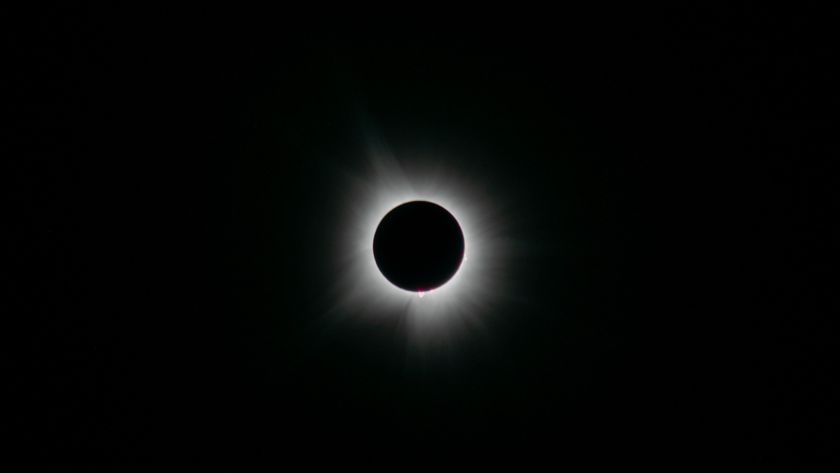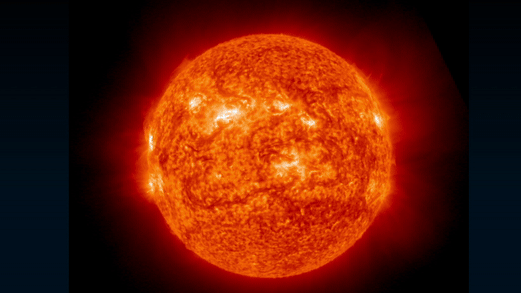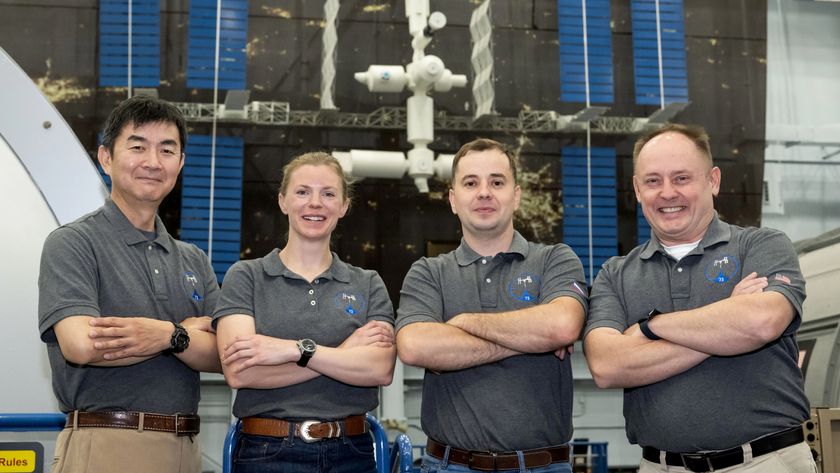Private Space Companies Forge Ahead Despite Failures
LOSANGELES, California - Leaders of two private space ventures that sufferedfailures vowed today to try, try again.
LouisFriedman, Executive Director of The Planetary Society based in Pasadena, California, said that they are proceeding with a privately-backed Cosmos 2 solarsail effort.
Theearlier Cosmos 1 sail was launched skyward on June 21 of last year atop aRussian sub-launched Volna rocket. But the submarine-launched booster's firststage shut off, with the mission failing some 83 seconds into flight, Friedmantold attendees of the International Space Development Conference (ISDC) thatbegan today.
"Itnever made it to orbit," Friedman explained, noting that the Volna rocketsuffered a first stage turbopump failure. "We'll try it again," he said.
Friedmansaid that some money has been raised for the Cosmos 2 sail project, but theyare looking for a new sponsor for the mission.
Whilecalling use of the Volna rocket "a worthy attempt," Friedman said the nextsolar sail would ride upon a Soyuz-Fregat or Cosmos 3M launcher as a piggybackpayload.
Falcon re-flight
Get the Space.com Newsletter
Breaking space news, the latest updates on rocket launches, skywatching events and more!
Alsoaddressing the opening day of the ISDC meeting at a "Space Venturing Forum" wasprivate rocketeer, Elon Musk, chairman and chief executive officer of ElSegundo, California-based Space Exploration Technologies (SpaceX).
TheSpaceX Falcon 1 rocket failed March 24 of this year, shortly after liftoff froma launch pad on Omelek Island. The private rocket's maiden flight suffered afuel leak, leading to a main engine shutoff, Musk recounted.
"Therocket business is a tough business," Musk said.
Musksaid that an on-the-pad processing error by a couple of technicians the daybefore launch doomed the vehicle. SpaceX engineers are now putting in place improvementsin several areas, particularly in processing the rocket booster for launch--incorporating"fool proof" design changes, as well as improving a health-monitoring software checksystem used on the rocket, he added.
"We'vehad hundreds of engine tests ... and not once did the problem that occurred onlaunch day show up," Musk stated. "When we make it ... it sure won't be luck."
Theproblem cropped up, ironically, in the part of the booster that groundpersonnel check for leaks in the engine, Musk explained.
Nextflight of the Falcon--a demonstration flight--is slated for September, Muskadvised.
Musksaid that SpaceX has some 11 launches that have now been sold.
Askedabout his company's interest in building a crew capsule, Musk said that ifSpaceX wins soon-to-be-announced NASA crew and cargo transport work, theentrepreneurial firm will accelerate building of the hardware.
Giventhe NASA win, the crew capsule would be available roughly three years from now,Musk said. Without the contract work, a scaled-down version would be availablein 2011, he said.
Join our Space Forums to keep talking space on the latest missions, night sky and more! And if you have a news tip, correction or comment, let us know at: community@space.com.

Leonard David is an award-winning space journalist who has been reporting on space activities for more than 50 years. Currently writing as Space.com's Space Insider Columnist among his other projects, Leonard has authored numerous books on space exploration, Mars missions and more, with his latest being "Moon Rush: The New Space Race" published in 2019 by National Geographic. He also wrote "Mars: Our Future on the Red Planet" released in 2016 by National Geographic. Leonard has served as a correspondent for SpaceNews, Scientific American and Aerospace America for the AIAA. He has received many awards, including the first Ordway Award for Sustained Excellence in Spaceflight History in 2015 at the AAS Wernher von Braun Memorial Symposium. You can find out Leonard's latest project at his website and on Twitter.

